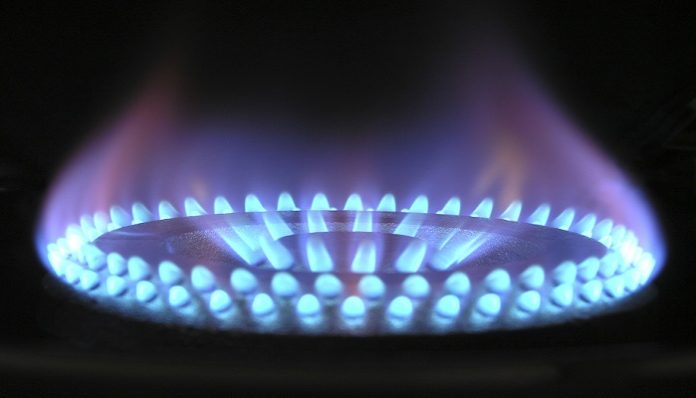Government of India has hiked the domestic natural gas price by 40 percent to $8.57 per mBtu on gross calorific value for the second half of FY23, beginning October 1, compared to the April -September 2022 period. The gas price ceiling for extracting the key commodity from challenging fields – deep water, ultra-deep water and high pressure-high temperature fields – has also been revised upwards by around 25 per cent to $12.46 per million British thermal units (mBtu).
This is the highest price for procuring natural gas in the country, since the Government of India introduced the New Domestic Gas Pricing Guidelines in November 2014. The previous high in gas price was recorded in the first half of the current fiscal year at $6.10 per mBtu. Before this, the highest price was reported for the November 2014-March 2015 period at $5.05 per mBTU.
Similarly, the highest ceiling price for gas from challenging fields was during H1 FY23 at $9.92 per mBtu. Prior to H1 and H2 FY23, the highest price reported was during the April 2019-September 2019 period at $9.32 per mBtu. India meets half its natural gas requirement through domestic production, while the other half is imported as liquified natural gas (LNG).
Price Trends
Price of imported liquefied natural gas are always raised largely in tune with the increase in international price. However, Government of India seems to be increasing the price of domestic natural gas also in tune with the international price trend. This certainly is not in order. The government’s move to increase the price of domestic gas is unwise, as it will result in cost push inflation and consequently several undesirable developments with regard to the national economy.
To protect the economics of a few oil exploration companies, the government is upsetting the economics of hundreds of industrial, commercial and service oriented organizations in the country by steeply hiking the domestic natural gas price. Natural gas is an essential feedstock and fuel and around 50 percent of Indian requirement of natural gas is met by domestic production. With the increase in the price of natural gas, the cost of production of goods and services will increase proportionately, that will lead to increase in the market price of derivative products. In effect, this would amount to transferring the cost burden to the common man.
Consequently, the cost index in the country will go up that will lead to demand for higher salaries and wages both in the organised and unorganised sector. Inevitably, the expenses of the organisations and that of the government will go up significantly and this will be a vicious cycle. While increasing the price of essential inputs like natural gas should be the last option, it appears to have become the first option for the government.
Alternate Options
Obviously, the government has chosen the easy option of increasing the price of natural gas, without carefully examining the alternate options for holding the price of natural gas at the present level. One is not sure whether the government has carefully carried out cost auditing with regard to the performance of the oil exploration companies in India. If it has done, it should have publicized the results of the auditing in a transparent manner, so that the people will be able to judge the price increase decision of the government.
The feasibility of subsidising the domestic natural gas price to the extent necessary to ensure price stability in the domestic market, ought to have been carefully and judiciously examined. In the last several months, it is known that many petrochemical companies in India, both in the public and private sector have been turning out good performance and making good profit. The feasibility of raising the tax level on the profit made by petrochemical companies to subsidise the natural gas price, should have been considered as one option.
In any case, price increase of natural gas at periodical intervals seems to have become a habit for the government. When the feasibility of reducing the price of natural gas due to any international development is there, the government just ignores it.
































